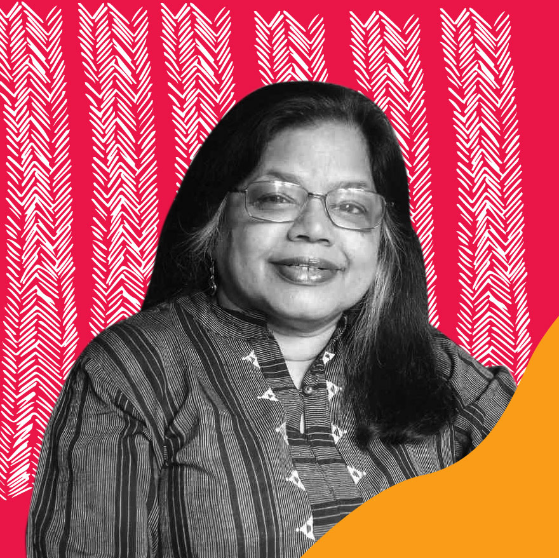There is a need for a fierce commitment from individuals and communities in order to preserve the linguistic vitality of Indigenous peoples, according to speakers at an event last week that was part of the annual Indian Summer Festival.
The talk, called Dying Words, by SFU professor Anvita Abbi highlighted the importance of language diversity through her research with the Great Andamanese language family in India. It was presented in tandem with accounts from two experts on the revitalization of local Indigenous languages.
Now in its seventh year, the Indian Summer Festival, of which the university is a founding member, included a host of events at SFU’s Goldcorp Centre for the Arts this month.
Abbi noted that the Great Andamanese language family from the Andaman Islands, located in the Bay of Bengal off the coast of Myanmar, is an example of a deepening linguistic diversity crisis.
It has lost eight of its 10 linguistic varieties in recent decades, alongside all of its fluent first-language speakers.
The presentation included recordings of Boa Sr, the last fluent speaker of the Aka-Bo variety of Great Andamanese, with whom she had worked closely to document the language.
Abbi reported that Boa Sr would often speak of her wish for a single person who could understand her, as her inability to speak with someone in her native language caused her great grief.
The United Nations Educational, Scientific, and Cultural Organization counts over 500 languages as critically endangered and conservative estimates suggest that half of the world’s 6,000 languages will be extinct in the next hundred years.
For Abbi, decreasing language diversity and vitality harms the integrity and well-being of communities and cultures. Her research considers how language contains the memories and experiences of a way of life, and of the perception of both a society and its environment.
Great Andamanese, for instance, contains a large variety of names for birds, that reflect the relationship between birds and ancestors in Andamanese culture.
Abbi has also worked on local Indigenous languages, a topic addressed by two other speakers at the event.
Khelsilem, the program director and founder of Kwi Awt Stelmexw, the Squamish Nation non-profit that is running the immersive Squamish language program in partnership with Simon Fraser University, outlined the diversity of Indigenous languages in Canada.
He noted the complexity of studying Indigenous languages from an Indo-European linguistic perspective, as the question is not one of translation or of asking, “how do you say ‘welcome’?” but instead, “how do you welcome someone?”
Marianne Ignace, Director of SFU’s First Nations Language Centre, and a professor of Indigenous studies at SFU, noted the unique challenge facing language revitalization programs in British Columbia.
The death of each passing elder in a community means the passing of a great amount of wisdom — as they’re often the last generation that grew up speaking an Indigenous language, according to Ignace.
This poses a challenge, as second language learners become responsible for both learning the language and for the intergenerational transfer from adult to child.
This is the process that Abbi described as the most important part of ensuring a language’s continuing vitality.
In closing, Abbi called upon the audience: “Don’t forget your language.”




